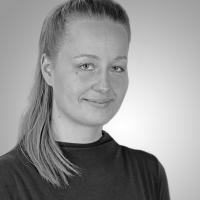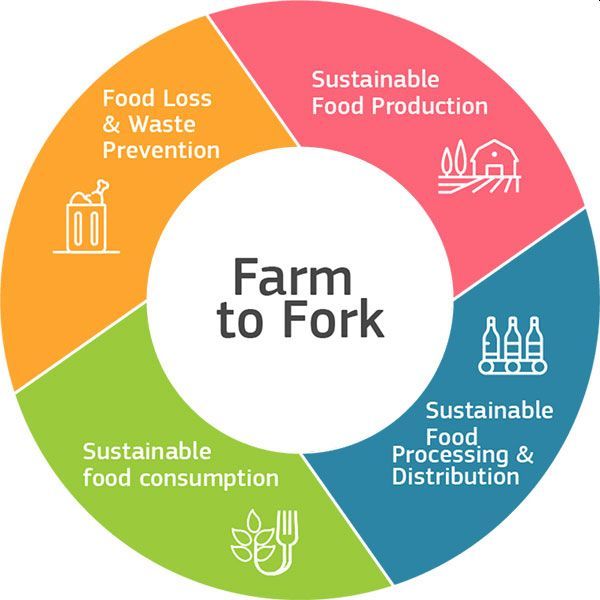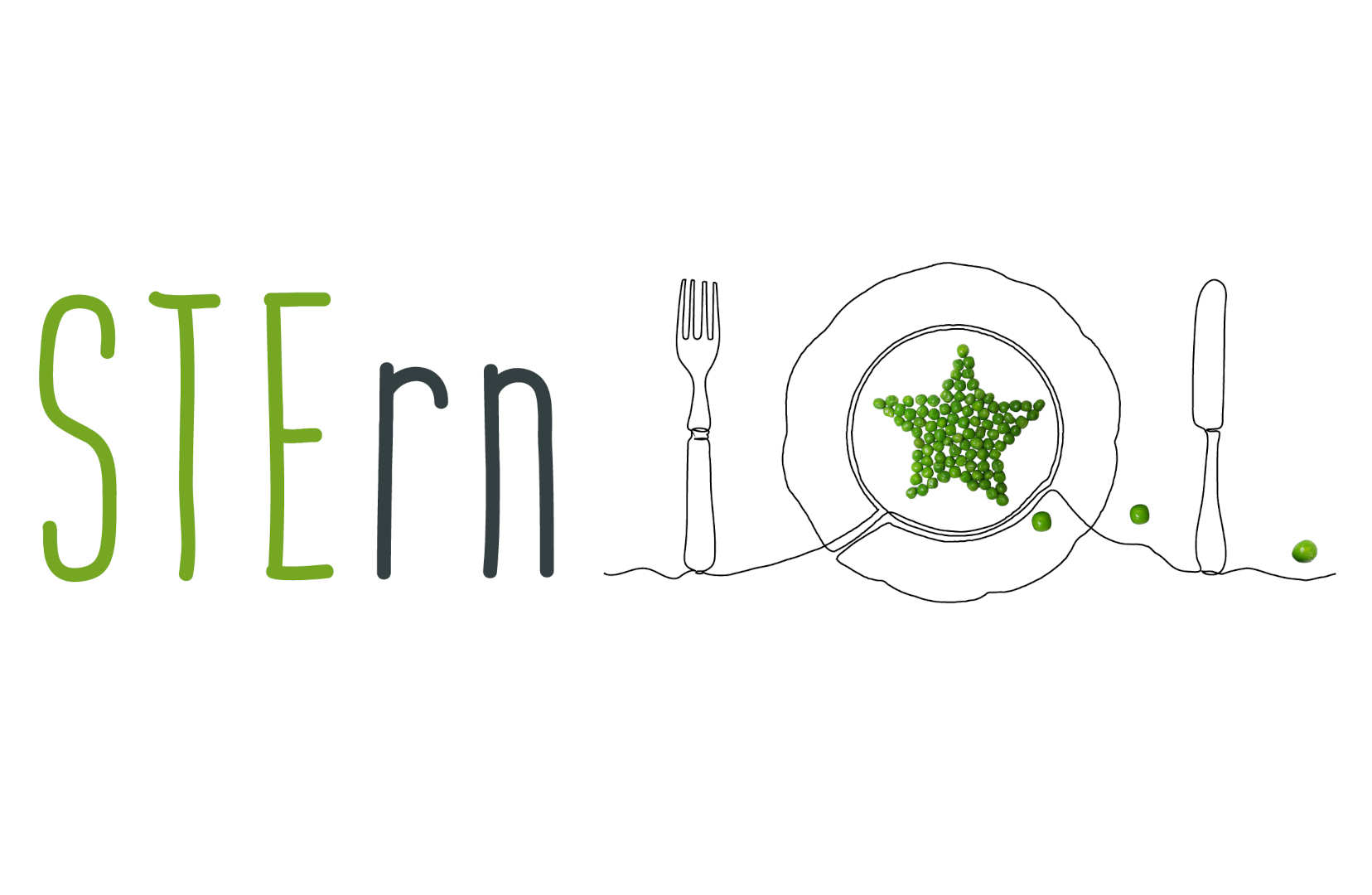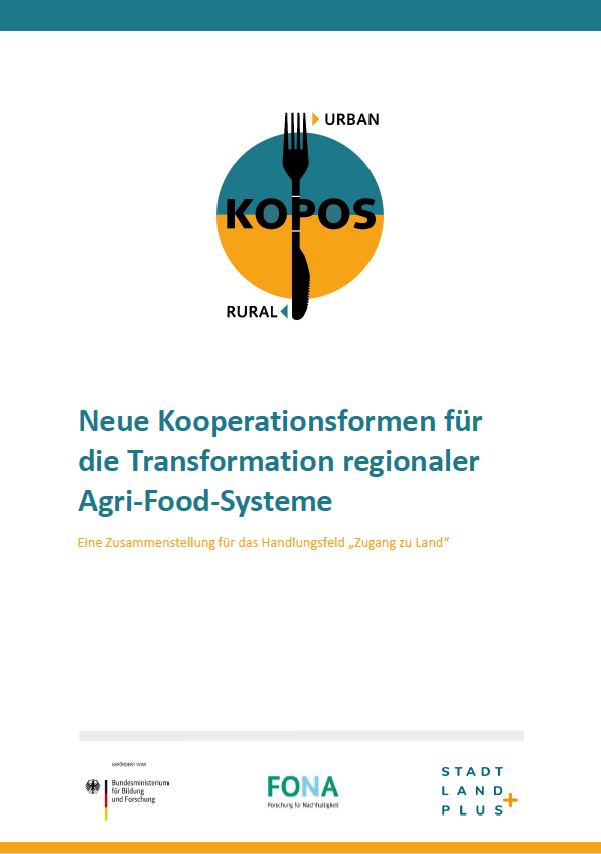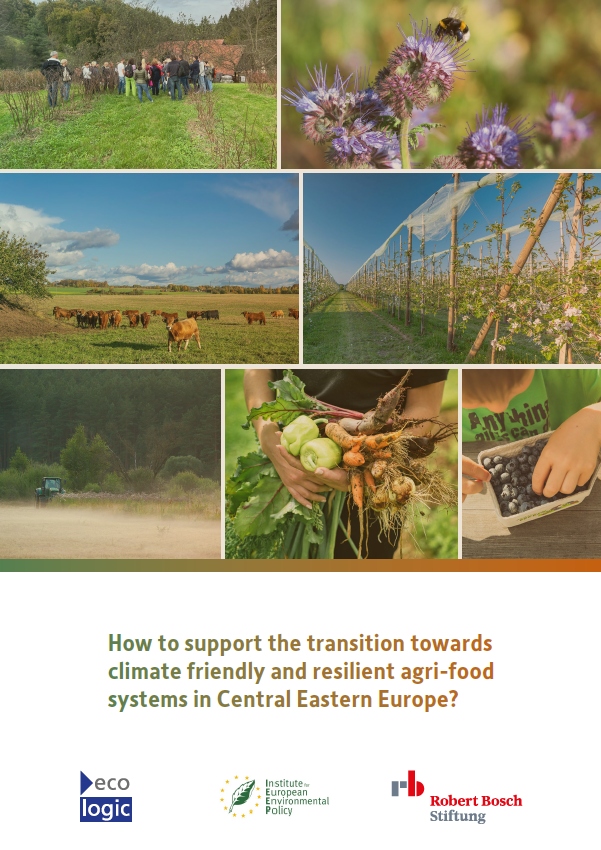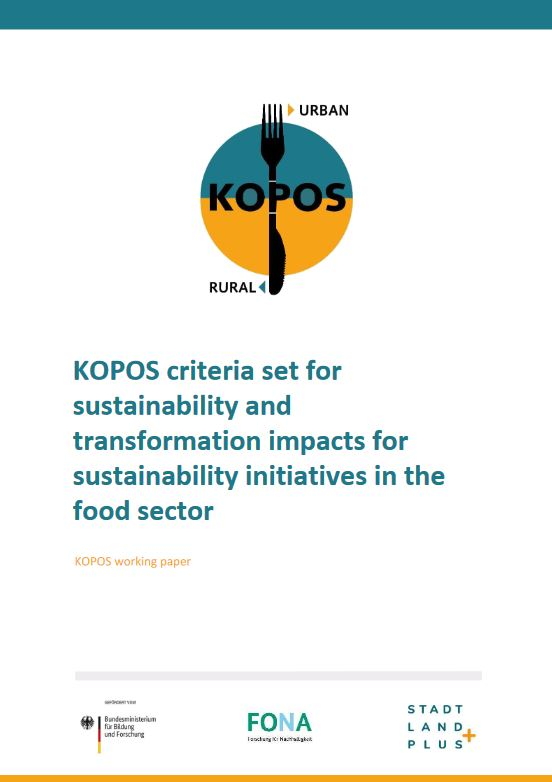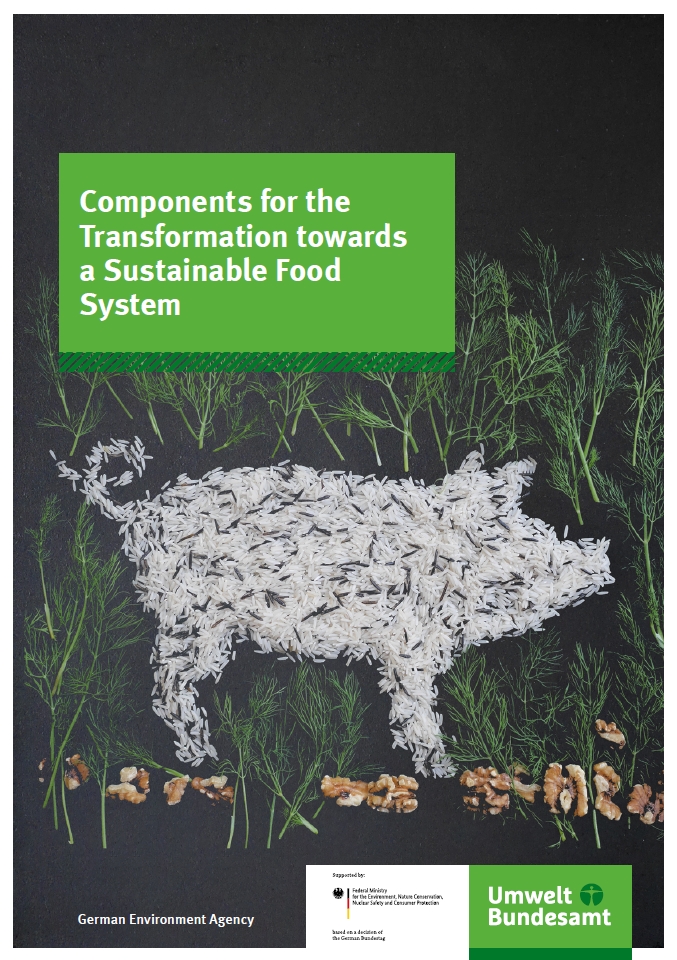As a growing metropolis with limited agricultural area, Hamburg faces particular challenges: Climate change, loss of biodiversity, competition for farmland and high consumption of animal products are putting a strain on the environment and climate. Global crises such as pandemics or wars also highlight the fragility of international supply chains and dependence on imports.
Despite its urban structure, agriculture plays a central role in the cityscape, quality of life and regional supply with around 14,000 hectares of farmland and a strong horticultural sector. However, economic pressure, unclear farm succession, a shortage of skilled labour and the continuing demise of farms are jeopardising the long-term stability of the sector – especially in urban agriculture.
In addition, Hamburg's agriculture is particularly susceptible to the consequences of climate change – such as rising water levels and flooding, which threaten horticultural businesses in the Vier- and Marshlands region in particular.
A sustainable agricultural and food policy should therefore take a systemic approach to ecological, economic and social aspects – with viable concepts for species-rich, climate-resilient and economically stable farms, the safeguarding of agricultural land, new approaches to urban agriculture and the strengthening of regional value chains. Research, cooperation and networking form the central basis for this.
Zukunft Agrar+ 2045: Hamburg's path to a sustainable and future-proof agriculture
With "Zukunft Agrar+ 2045", Hamburg has launched a broad-based transformation process to make the city's agricultural system sustainable and future-proof and to develop an agricultural strategy. The aim is to develop Hamburg into a model region for the transformation of the urban agricultural sector.
Participatory process for the agricultural strategy
The starting signal was given on 4 March 2025: Over 100 participants from administration, agriculture/horticulture, science, civil society and associations came together at the kick-off event in Hamburg to set off together.
The focus is on a participatory development process: all stakeholders in Hamburg's agricultural sector are invited to actively participate in the dialogue process in order to develop an integrated vision for the agricultural sector up to 2045 and derive specific measures from this.
The future agricultural strategy will be closely interlinked with other city-wide processes in order to create synergies and ensure connectivity.
The path to the agricultural strategy
The transformation process is divided into three phases:
- Phase: Target image
Development of an integrated target image for Hamburg's agriculture in 2045. - Phase: Fields of action & measures
Derivation of specific strategies, action requirements and measures to achieve the target. - Phase: Strategy & implementation
Publication of the agricultural strategy and start of the implementation phase.
The participation process involves all relevant stakeholders, including farms/horticultural businesses, Fachämter of the BUKEA, professional and horticultural associations, the Landwirtschaftskammer, nature conservation organisations, municipal authorities, districts and other multipliers.
All content is developed in a dialogue-oriented process in workshops and participation formats.
Important dates
- 13 June 2025 – Workshop "Target vision for agriculture 2045", focal points: Securing land & access to land; climate protection, adaptation & resilience; (agricultural) landscape & biodiversity
- 16 June 2025 – Workshop "Target vision for agriculture 2045", focal points: Regional (bio)value chains; economic sustainability & new concepts for cities, agriculture and skilled workers; digitalisation, technology & research
Further dates and opportunities for participation will follow.
Ecologic Institute's contribution
Ecologic Institute is providing expert support for the transformation process for the future of Hamburg's agricultural sector - in close cooperation with the project team consisting of urban catalyst and Prof. Antje Stokman (HCU Hamburg).
It develops proposals for guidelines, goals, measures and indicators as a basis for the participatory strategy process. Specialist analyses are continuously fed back with perspectives from practice, administration, associations and science.
The Ecologic Institute prepares the strategic content for workshops and participation formats along key transformation paths – such as climate protection, biodiversity, regional value chains, access to land, economic viability, new concepts for cities, agriculture and skilled workers as well as digitalisation and research. The result is a future-orientated agricultural strategy that is scientifically sound, broadly supported and practice-oriented.



